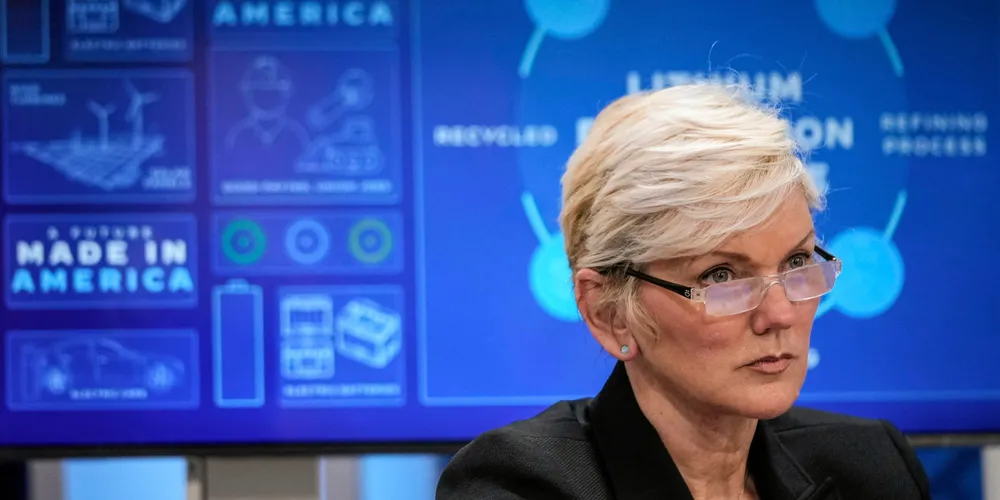'Strength of a nation': US supply chain plan to grab share of $23trn clean energy boom
'Comprehensive' strategy ranges across skilled workforces and critical materials as Granholm calls for 'bold action'

'Comprehensive' strategy ranges across skilled workforces and critical materials as Granholm calls for 'bold action'
